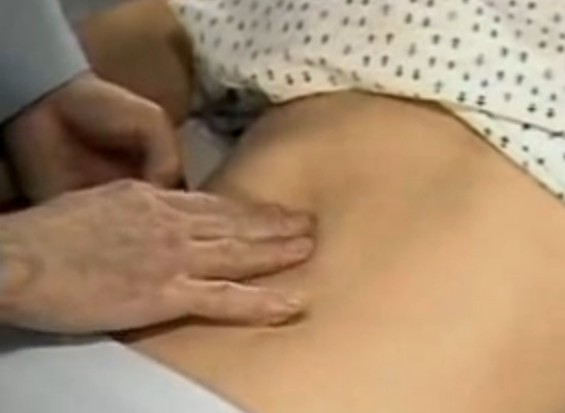Inflammation of the liver causes mild to severe symptoms that may appear suddenly or develop gradually. A person with an inflamed liver experiences various symptoms, which include general malaise, tiredness, weakness and jaundice. It is also common for a patient to experience gastrointestinal symptoms. An inflamed liver could aggravate into a more serious, life-threatening condition if left untreated.
The swelling of the liver is treated based on the cause as well as the extent of liver damage. Early medical intervention can significantly lessen the chances of scarring caused by chronic liver inflammation and can even restore normal liver function. The treatment regimen is usually a combination of prescription medications taken within a certain period of time as well as a healthy diet and lifestyle. Individuals afflicted by the condition are also advised to stay away from alcoholic drinks which are notorious for causing liver inflammation.
What happens when the liver is inflamed?
Inflammation occurs when something, usually a pathogen, injures or attacks the tissues and cells of a certain part of the body. An inflamed liver means that the organ or its cells are being attacked by some kind of pathogen, like virus, bacteria or toxic substances. This results in swelling and pain.
Inflammation of the liver significantly affects various bodily processes. For instance, the liver plays a vital role in digestion, particularly in producing bile that breaks down fats. It also takes part in storing fats as well as in manufacturing and releasing cholesterol. The liver is also involved in the production of hormones, toxin removal in the bloodstream and protein production for blood clotting. All these processes are affected when the liver is inflamed.
What causes the liver to become inflamed?
Inflammation of the liver is medically referred to as hepatitis. Hepatitis can be brought forth by a variety of reasons. The condition is called acute if it has gone on for less than 6 months, and chronic if the inflammation has been around for over 6 months.
Among the things that could trigger the swelling of the liver are:
- Alcohol abuse
Alcohol abuse accounts for most cases of liver inflammation (hepatitis) and scarring (cirrhosis). The byproducts of alcohol are harmful to the liver cells and will eventually damage the liver. Inflammation caused by alcohol abuse is called alcoholic hepatitis.
- Viral infection
Inflammation of the liver can also be due to certain viruses. These viruses can cause hepatitis A, B, C, D and E which can be really infectious. However, the D and E forms of hepatitis only occur after the individual has been previously afflicted by any of the A, B or C varieties.
- Side effects of drugs
Certain drugs or medications can cause adverse effects on the liver resulting in inflammation. This could arise from both medicinal and recreational drugs. The severity of liver damage depends on the amount and duration the offending drug has been used.
- Other infections
Severe bacterial and amoebic infections, including exposure to some fungal toxins, have been found to trigger liver inflammation.
- Systemic or autoimmune disorders
Liver inflammation can be one of the effects of a systemic disorder which is characterized by abnormally high liver enzymes and dysfunctional liver. Autoimmune disorders have been found to cause liver inflammation too. This is when the immune system mistakenly destroys the liver cells.
Timely medical intervention can significantly decrease the chances of irreversible liver damage especially if the inflammation has become chronic or has been around for more than 6 months.

What are the symptoms of inflammation of the liver?
It is somehow difficult to recognize liver inflammation during its earlier stages due to the ability of the liver to function normally even under stress, causing mild to no symptoms at all. Still, some of the hallmark symptoms that people should watch out for are:
- Fatigue
- Loss of appetite
- Unexplained weight loss
- Bloating or abdominal swelling
- Joint and muscle pain
- Malaise
- Low-grade fever
- Nausea
- Vomiting
- Diarrhea
- Mild pain on the upper right part of the abdomen
These symptoms are sometimes severe in some individuals, forcing them to seek immediate medical treatment. This is what usually happens with acute hepatitis. However, if these symptoms go unnoticed, the inflammation gets even worse and causes:
- Jaundice or yellowing of the eyes and skin
- Severe fatigue
- Intense abdominal pain that radiates to the shoulder
- Tenderness on the upper right portion of the abdomen
- Throwing up black material or blood
- Walking difficulties
- Hallucinations and confusions
Inflammation of the liver could lead to irrevocable liver damage and even liver failure. That is why one should not ignore the symptoms.
How is inflammation of the liver treated?
Doctors treat the condition based on the cause and extent of liver damage. This may involve taking antiviral medications if hepatitis viruses are causing the problem. Liver transplant is the final resort for irreversible liver damage. Of course, this should go hand in hand with living a healthy life style, proper diet and avoiding alcoholic beverages.

